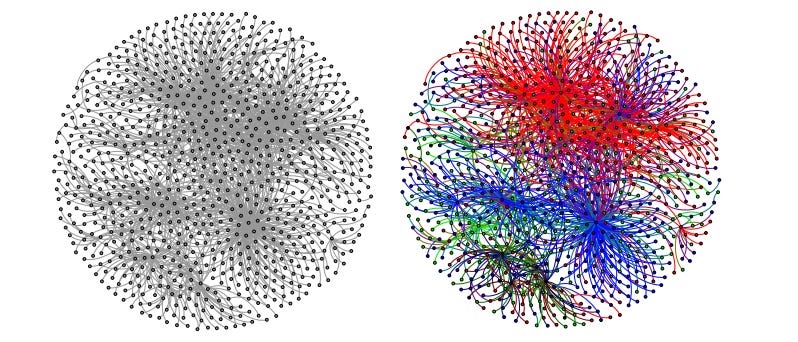Mimetic Desire
The mimetic theory of desire, an explanation of human behavior and culture, originated with the French historian, literary critic, and philosopher of social science René Girard (1923-2015). The name of the theory derives from the philosophical concept mimesis, which carries a wide range of meanings. In mimetic theory, mimesis refers to human desire, which Girard thought was not linear but the product of a mimetic process in which people imitate models who endow objects with value.
"Man is the creature who does not know what to desire, and he turns to others in order to make up his mind. We desire what others desire because we imitate their desires."
Juan Orbea and



